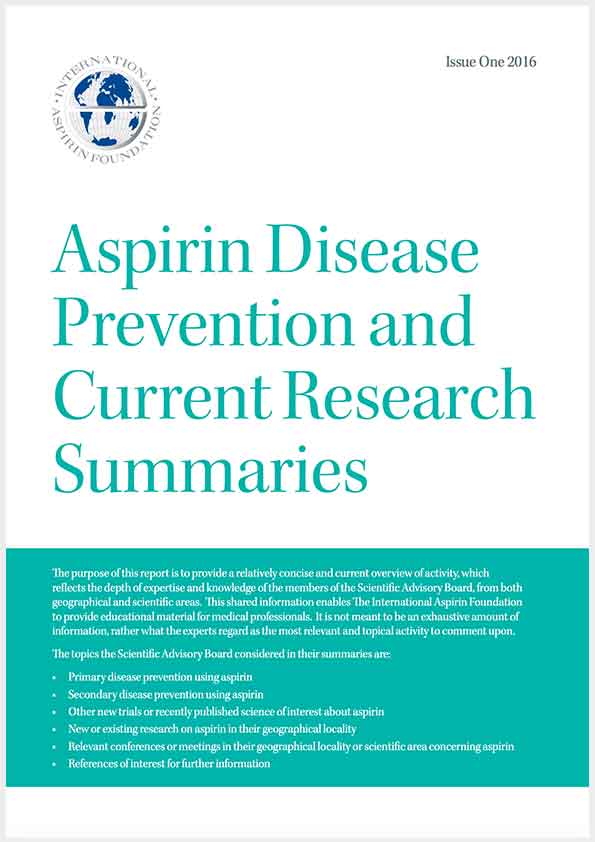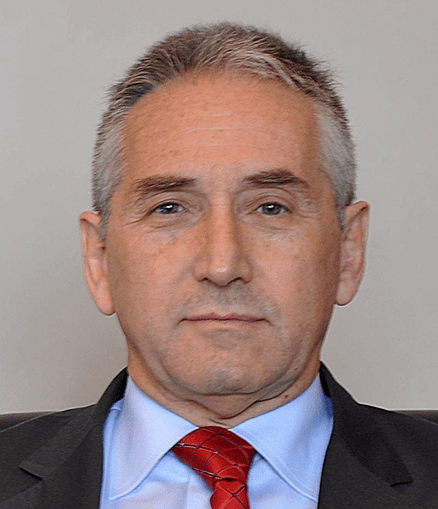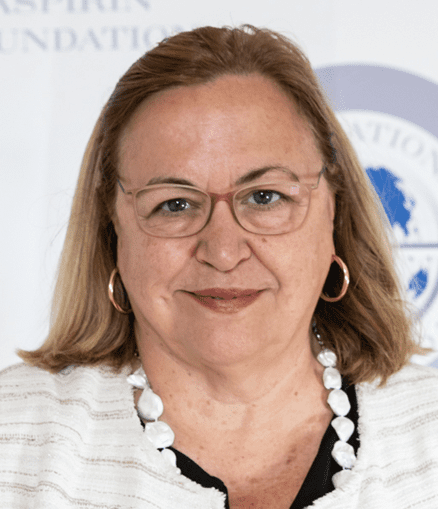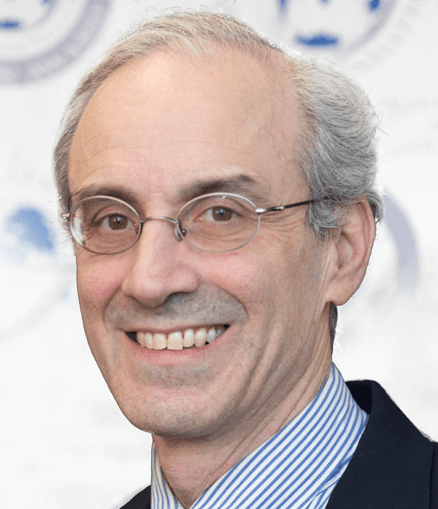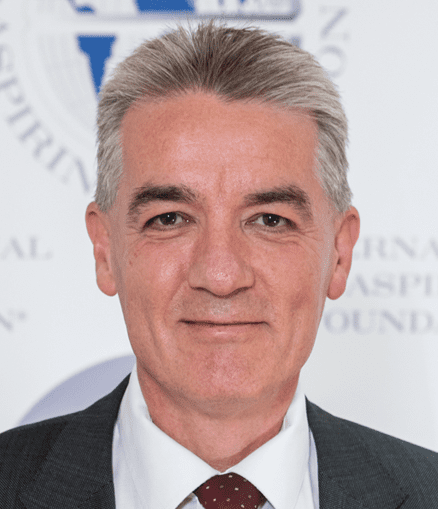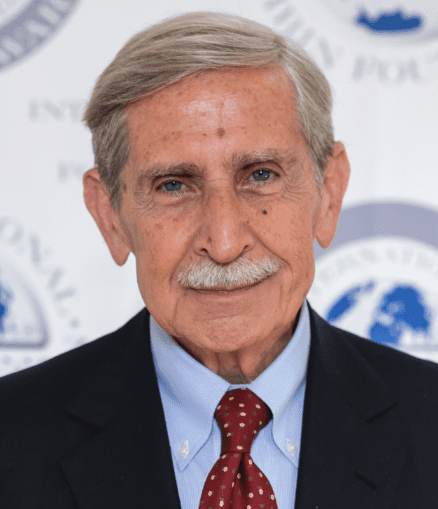Aspirin ASCVD prevention in China
Update Chinese guideline on ASCVD primary and secondary prevention
Cardiovascular disease has become the leading cause of death in China with the development of China’s economy and improvement of living standard and lifestyle changes, the incidence of cardiovascular disease as well as CVD risk factors continues to increase1 .The newly released “Outline of Healthy Chinese 2030” advocated management strategy for chronic disease including cardiovascular disease changed from treatment into prevention. To achieve the early arrival of cardiovascular disease inflection point, the most effective prevention strategy is primary prevention.
Aspirin has been widely used in cardiovascular and cerebrovascular disease which plays an indispensable role in cardiovascular disease primary and secondary prevention with a most cost-effectiveness value. However the awareness of primary prevention needs to be improved. Actual usage rate of aspirin in clinical practice was 14.09% in primary prevention population, and 26.61% in secondary prevention population2. To standardize cardiovascular disease prevention and management, improve the awareness of primary prevention, Chinese society of cardiology updated guideline on ASCVD disease prevention which will be published in second quarter of 2017.
Chinese guidelines recommended whether patients without cardiovascular disease should take aspirin should refer to patients’ baseline CVD risk, those with a 10-years CVD risk> 10% should consider taking aspirin for primary prevention under doctor’s recommendation. According to the epidemiology of cardiovascular risk factors in Chinese, Chinese guideline developed a new stratified ASCVD risk assessment process considering hypertension was the most decisive parameter. For patients younger than55 years old with a moderate CVD risk, assessment of ASCVD lifetime risk was recommended to facilitate the early identification of individuals with high risk of ASCVD during the rest of their lives, and gave actively intervene at the early stage.
For patients with cardiovascular disease, Guideline3 recommended that once patients was diagnosed as cardiovascular disease low dose of aspirin should be the routine of clinical treatment among those without contraindications.
Published 2016 Chinese expert consensus on Aspirin use in patients with ASCVD
For standardized use of aspirin in primary prevention, Chinese consensus led by geriatrics branch of Chinese Medical Association defined 6 target groups for aspirin ASCVD primary prevention4 : 1) those 10 years ASCVD risk higher than 10% ,2) Hyperlipidemia patients, TC ≥7.2mmol/l or LDL-C≥4.9mmol/l, aged≥ 55years old, 3)diabetes patients aged ≥ 50years old, with at least one major risk factor ( family history of premature CVD, hypertension, smoking, Dyslipidemia or albuminuria), 4)hypertension patients with any 2 conditions below: male≥ 45years old or female≥ 55years old, smoking, low HDL-C<1.04mmol/l ,5) CKD patients with eGFR 30-45ml.min-1.1.73m-2, 6) those who do not meet above conditions but have any 4 items below: male≥45years old or female≥ 55years old, smoking, family history of premature CVD, BMI≥ 28Kg/m2, Dyslipidemia.
Publication: Aspirin 100 Q&A for clinical doctors
Standardized use of aspirin is a prerequisite for clinical benefit. For better understanding the preventive role of aspirin in ASCVD and appropriate use in clinical practice, Aspirin 100 Q&A for clinical doctors was published5. The brochure included common questions doctors were interested in, contents including basic pharmacological knowledge of aspirin, effect on primary and secondary prevention of cardiovascular disease, aspirin adverse effect and how to overcome, drug interactions, and matters needing attention in clinical use.
New research on antiplatelet therapy in Chinese
In a randomized trials conducted at 114 centers in China, clopidogrel with aspirin in acute minor stroke or transient ischemic attack concluded the combination of clopidogrel and aspirin is superior to aspirin alone for reducing the risk of stroke in the first90 days and does not increase the risk of hemorrhage. Among 2933 patients who underwent CYP2C19 analysis, 58.8% patients were carriers of loss of function alleles which was higher than western countries. And compare to aspirin alone, clopidogrel plus aspirin did not reduce the risk of new stroke in the subgroup of patients who were the carriers of CYP2C19 loss of function alleles6.
References
- Chen Weiwei, Gao Runlin, Liu Lisheng, et al. “Report on Cardiovascular Diseases in China (2015)” Abstract. Chinese Circulation Journal, 2016, 31(6):521-528.
- Yang Zhaojun, Shan Zhongyan, Tian Haoming, et al. Current status of aspirin use in cardiovascular prevention in some areas of China. Chinese Journal of Diabetes Mellitus, 2011,3(1):22-26.
- Chinese Society of Cardiology. Guidelines for diagnosis and treatment of ST-segment elevation myocardial. Chinese Journal of Cardiology, 2015,43:380-393.
- The Geriatrics Branch of Chinese Medical Association, Aspirin use in patients with atherosclerotic cardiovascular disease:2016 Chinese expert consensus statement. Chinese Journal of Internal Medicine, 2017,56(1):1-13.
- Xiaoying Li. Aspirin 100 Q&A for clinical doctors. People’s military medical press.
- Yilong Wang, Xingquan Zho, Jinxi Lin, et al. Association between CYP2C19 Loss-of-Function Allele Status and Efficacy of Clopidogrel for Risk Reduction among Patients with Minor Stroke or Transient Ischemic Attack. JAMA. 2016 Jul 5;316:70-8
Disclaimers
- The information, views and opinions expressed on the International Aspirin Foundation website are not endorsed or approved by members of The Scientific Advisory Board unless otherwise stated.
- The Information section on the website is compiled using current published information at the time of writing and whilst every effort has been made to avoid errors, professional clinical judgement is required to interpret the information given. The information given is referenced clearly for further analysis as required.
- Every effort is made by The International Aspirin Foundation to see that no misleading or inaccurate data, statement or opinion appear on the website, The International Aspirin Foundation cannot be held responsible for any errors or for any consequences arising from the use of the information contained on the website.
- The International Aspirin Foundation, its associates and The Scientific Advisory Board accept no liability whatsoever for the consequences of any such inaccurate or misleading data, information, opinion or statement.
- Any information involving drug usage should only be followed in conjunction with the drug manufacturer’s own published literature in their own country.
- Medical sciences evolve on a continual basis and therefore independent verification of the website content should be made.
- The information, views, opinions and any other material provided on this website should not be relied upon as a substitute to professional medical advice in relation to any medical condition. The International Aspirin Foundation, its associates and The Scientific Advisory Board accept no liability whatsoever for any consequences arising from any reliance placed on such information, views, opinions and other materials in lieu of professional medical advice.
Professor Junbo Ge MD, FACC, FESC, FSCAI, Shanghai, China

